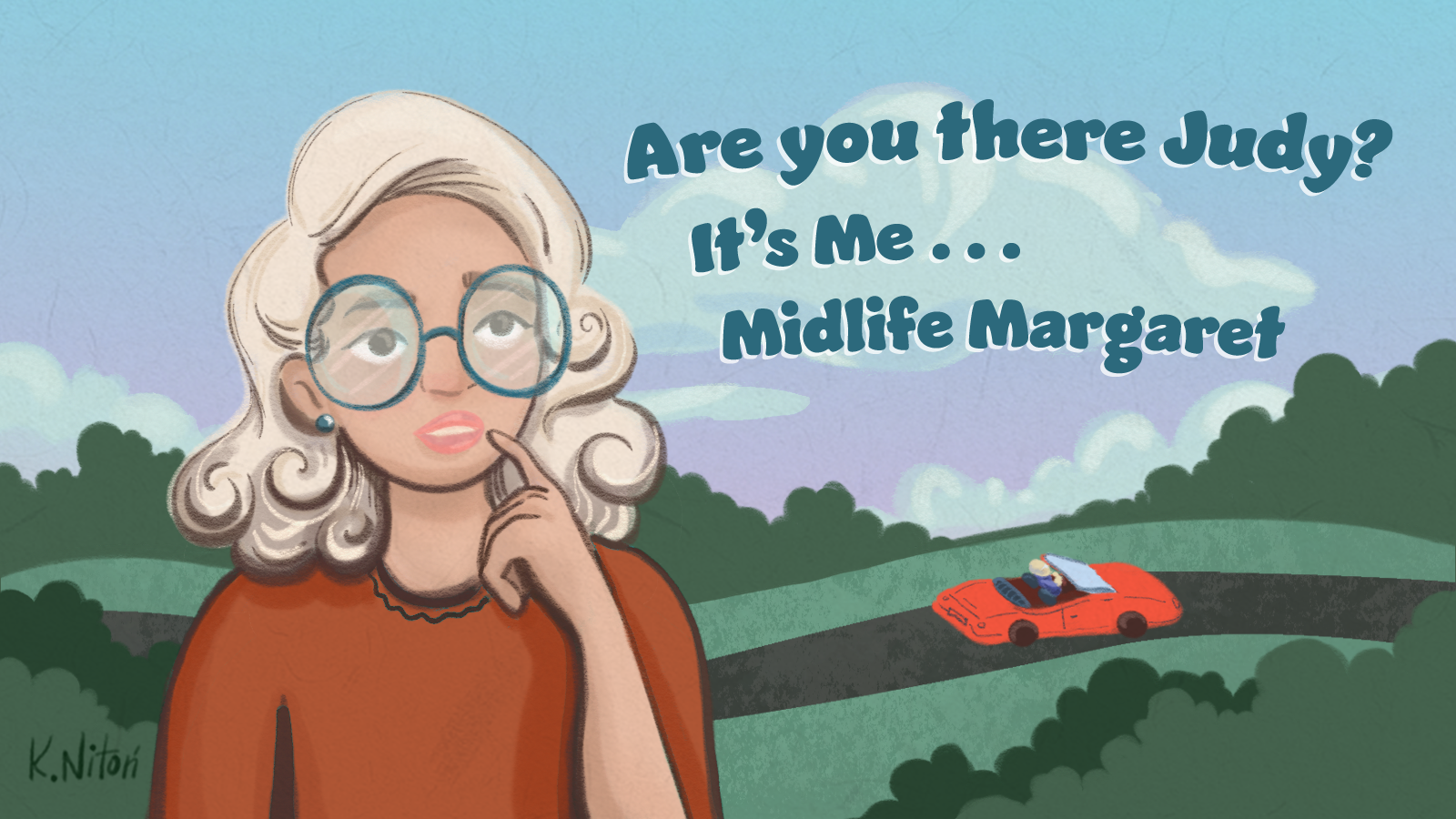If you are in distress, you can call or text 988 at any time. If it is an emergency, call 9-1-1 or go to your local emergency department.
- Professional Resources, Tip Sheets
Engaging with People with Lived and Living Experience of Mental Illness Effectively: The MHCC’s Advisory Councils
The Mental Health Commission of Canada (MHCC) recognizes the importance of ensuring that its programs and policies are informed by the knowledge of people who have lived and living experience (PWLLE) of mental health and substance use health concerns. Their involvement brings a diversity of perspectives to our work, enriches our organization, and leads to more effective and higher quality work. The MHCC established two advisory councils, the Youth Council (2008) and the Hallway Group (2009), to ensure that the voices of lived and living experience are embedded in the MHCC’s work. To ensure meaningful engagement of council members, a two‑year pilot project was implemented using the International Association for Public Participation (IAP2)’s Spectrum of Public Participation. An adapted version of the IAP2 spectrum was developed in collaboration with advisory council members to reflect how PWLLE are engaged at the MHCC. Throughout the two-year pilot, engagement opportunities were tracked, allowing us to leverage the advice, expertise, and interests of our council members by involving them in the decision‑making process. This approach has enhanced council members’ trust in the MHCC, increased the MHCC’s credibility among council members, improved the quality of the MHCC’s decisions, increased transparency, and built stronger relationships. The IAP2 spectrum outlines various levels of public participation in decision-making processes. It provides a flexible and adaptable framework for engaging contributors at different stages, from informing them about a decision to empowering them to be actively involved in the process. The spectrum values the inclusion of all contributors and ensures their voices are heard and considered.
- Professional Resources, Tip Sheets
Engaging with People with Lived and Living Experience of Mental Illness Effectively: The MHCC’s Advisory Councils
Engaging with People with Lived and Living Experience of Mental Illness Effectively: The MHCC’s Advisory Councils
The Mental Health Commission of Canada (MHCC) recognizes the importance of ensuring that its programs and policies are informed by the knowledge of people who have lived and living experience (PWLLE) of mental health and substance use health concerns. Their involvement brings a diversity of perspectives to our work, enriches our organization, and leads to more effective and higher quality work. The MHCC established two advisory councils, the Youth Council (2008) and the Hallway Group (2009), to ensure that the voices of lived and living experience are embedded in the MHCC’s work. To ensure meaningful engagement of council members, a two‑year pilot project was implemented using the International Association for Public Participation (IAP2)’s Spectrum of Public Participation. An adapted version of the IAP2 spectrum was developed in collaboration with advisory council members to reflect how PWLLE are engaged at the MHCC. Throughout the two-year pilot, engagement opportunities were tracked, allowing us to leverage the advice, expertise, and interests of our council members by involving them in the decision‑making process. This approach has enhanced council members’ trust in the MHCC, increased the MHCC’s credibility among council members, improved the quality of the MHCC’s decisions, increased transparency, and built stronger relationships. The IAP2 spectrum outlines various levels of public participation in decision-making processes. It provides a flexible and adaptable framework for engaging contributors at different stages, from informing them about a decision to empowering them to be actively involved in the process. The spectrum values the inclusion of all contributors and ensures their voices are heard and considered.
SHARE THIS PAGE
RELATED

Review our Assessment Framework for Mental Health Apps — a national framework containing key standards for safe, quality, and effective mental health apps in Canada.

To help expand the use of e-mental health services, we developed four online learning modules based on our Toolkit for E-Mental Health Implementation, in collaboration with the Centre for Addiction and Mental Health (CAMH).

Stepped Care 2.0© (SC2.0) is a transformative model for organizing and delivering evidence-informed mental health and substance use services.
